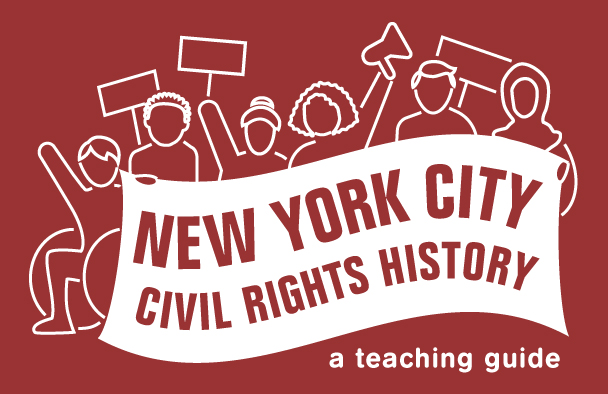You are here:
Denise Oliver

Date: Nov 21, 1970
Caption: This photo of Denise Oliver comes from a political event hosted by the Black Panther Party and the Young Lords Party. Oliver became a high ranking member of the Young Lords and has continued her organizing work since being a member of the party.

Denise Oliver, born in Brooklyn in 1947, grew up in Queens. Her father, George Bodine Oliver, was a drama professor, a Tuskegee Airman, and one of the first Black actors to integrate Broadway in the 1940s. He was also active in New York’s Black leftist political circles, working alongside members of the Communist Party and their allies. Her mother, Marjorie Roberts Oliver, taught at a high school in Queens when Black teachers were a small proportion of the city’s teaching force.1 Eventually, Denise Oliver would follow in the educational footsteps of her parents and work as a teacher. She first taught at University of the Streets, a school for youth of color who had been pushed out or expelled from the city’s schools.2
Her teaching was not just the product of growing up in a family of politically active educators. Oliver’s work grew from her commitment to solidarity across communities of color - which was an idea she shared with the New York Young Lords. Oliver’s own school experience shaped her politics as well. She had been one of a few Black students attending a predominantly white school that had only recently desegregated. In 1957, at a time when other middle-class Black families were starting to move to the suburbs, Oliver’s parents purchased a home in the largely white neighborhood of Hollis in Queens. During her first day of school at J.H.S. 59, Oliver remembered, “getting off the bus, commotion going on, and a white kid with blood streaming down his face. There were fights going on in the yard. There were white students who had jumped on some black students, there were black students fighting back, there were [white] parents protesting the busing of kids into the neighborhood . . . You could feel the hostility immediately.”3 Denise Oliver, like other future members of the Young Lords, were profoundly shaped by white resistance to desegregation in New York. In the words of historian Johanna Fernández, “the young people who launched the Young Lords in New York would be influenced by their own experiences with racism in the classroom and by the politics bequeathed to them by the struggle for school reform in New York.”4
After finishing high school in New York, Oliver went to Howard University, a historically Black university, in Washington, DC. There Oliver was an avid activist. The university eventually expelled her for participating in protests that highlighted the absence of a Black studies program, criticized the presence of the military on campus (in the form of the Reserve Officer Training Corps or ROTC), and challenged the strict rules prohibiting male students from visiting female students, and vice versa, in the university’s single-sex dorms.5
Oliver brought a powerful political vision to her work in the founding and leading of the Young Lords in New York. As a political organization, the Young Lords sought to understand the structural roots of poverty, segregation, and inequality. Based on their analyses, they worked with local community members to organize protests and demonstrations as well as create new institutions that reflected the values of the egalitarian society they hoped to build.
Categories: Manhattan, community activism, adult education
Tags: racist segregation, Latinx people, Black people, photography, imagery, and visual representation, organizing, women's activism
This item is part of "Denise Oliver and the Women of the Young Lords Party" in "Black and Latina Women’s Educational Activism"
Item Details
Date: Nov 21, 1970
Creator: Jesse Steve Rose
Source: Smithsonian National Museum of African American History and Culture
Copyright: Copyright status unknown.
How to cite: “Denise Oliver,” Jesse Steve Rose, in New York City Civil Rights History Project, Accessed: [Month Day, Year], https://nyccivilrightshistory.org/gallery/denise-oliver.
Questions to Consider
- How did Oliver’s dress and style challenge oppressive ideas imposed on Black women?
- How might having attended a nearly all-white school have influenced Oliver’s activism?
References
How to Print this Page
- Press Ctrl + P or Cmd + P to open the print dialogue window.
- Under settings, choose "display headers and footers" if you want to print page numbers and the web address.
- Embedded PDF files will not print as part of the page. For best printing results, download the PDF and print from Adobe Reader or Preview.
